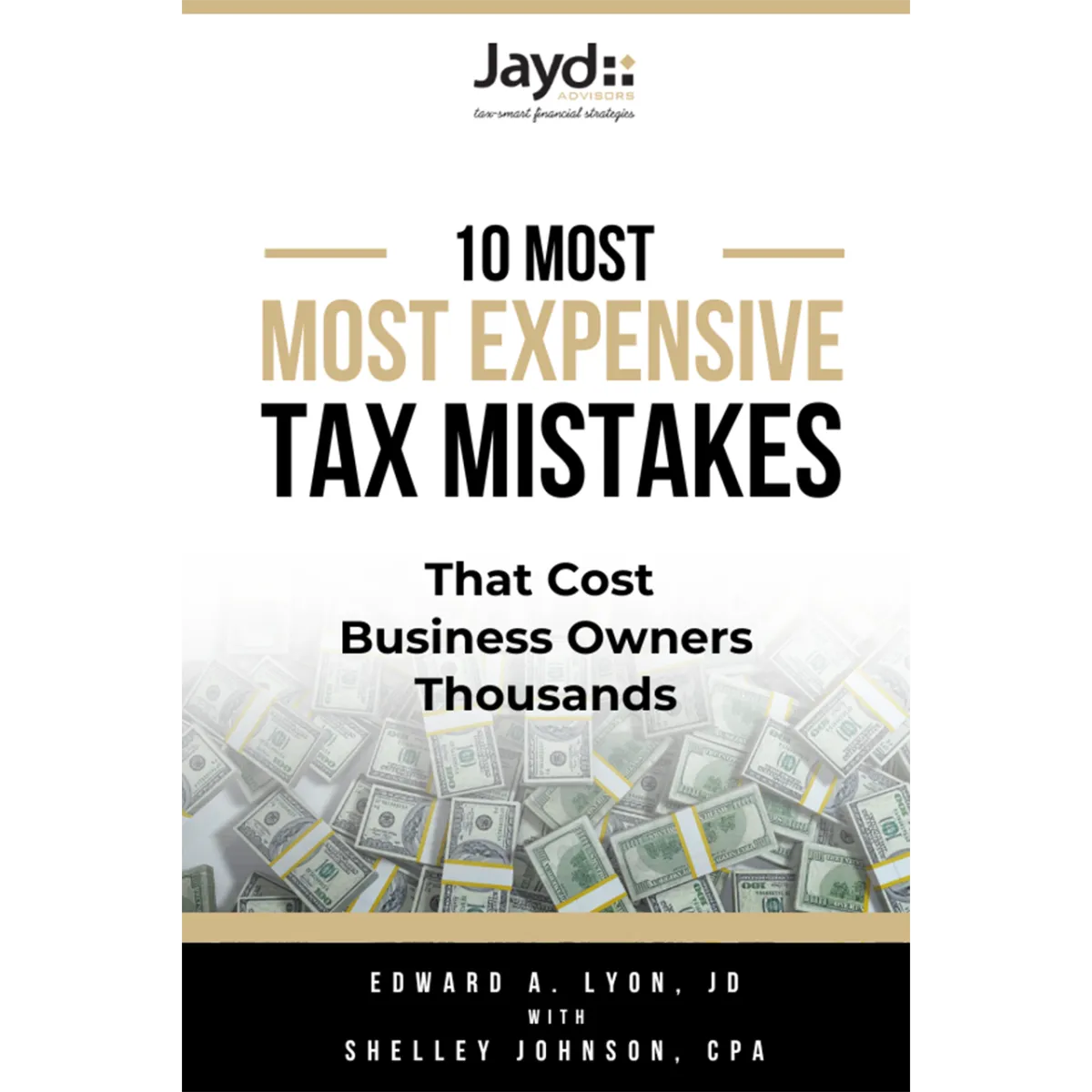Welcome to Jayd Advisors!
Keep More Of What You Make,
& Really Live Your Life
With Tax Smart Financial Strategies
Smart Tax. Clean Books. Confident Growth.
Who is Jayd Advisors?
We Are Tax Planning Experts
Transforming Accounting & Tax Strategy into Growth Capital
Jayd Advisors empowers business owners and investors with a focus on maximized profit and minimized tax drag. Our goal? Turn tax strategy and financial management into fuel for business growth and personal wealth.

We Help You Craft a Holistic Plan
Your financial life is interconnected.
We design a comprehensive strategy that aligns your business, taxes, and personal wealth—ensuring all areas work together to support your goals, not against them.

We Identify Areas of Opportunity
We uncover overlooked opportunities for optimization and protection—whether it’s business structure, income planning, or asset protection.
Through our relationship with the Financial Gravity Family Office, we bring you exclusive tools and resources designed to elevate your financial strategy.

Ongoing Guidance and Support
Our partnership doesn’t end with a plan.
We stay by your side, offering consistent guidance, expert services, and responsive support as your life and business evolve—so you’re always prepared for what’s next.
Take The First Step
We provide personalized financial solutions and strategic guidance to help you reach your goals with clarity and confidence.
Start by taking our quick Needs Assessment by clicking the link below.
Once completed, our team will review your responses and invite you to a call to share tailored recommendations for your business.
Our Leadership Team
An Expert Team You Can Trust
Trust us to manage your finances and help you begin crafting your financial future with confidence.

Shelley R. Johnson, CPA
Lead Advisor & Tax Strategist

Deanna Johnson
Client Communications

Jorlena Dermody, CPA
Tax Strategist & Advisor
Stop Paying More Taxes Than Necessary
Avoid the 10 Most Expensive Tax Mistakes
Did you Know overpaying on taxes can accumulate into tens of thousands of dollars over time?
Don't let it happen to you! Act Now to Protect your Prosperity. Download a Free copy of our 10 Most E-Book Series.

Select Your Focus
To Begin Crafting Your Financial Future With Confidence



At Jayd Advisors, we are dedicated to helping you craft your financial future with confidence.
Contact Us
Carmel Office:
11350 North Meridian St.
Suite 120
Carmel, IN 46032
P: (317) 843-1040
F: 317-843-1090
Follow Jayd Advisors

